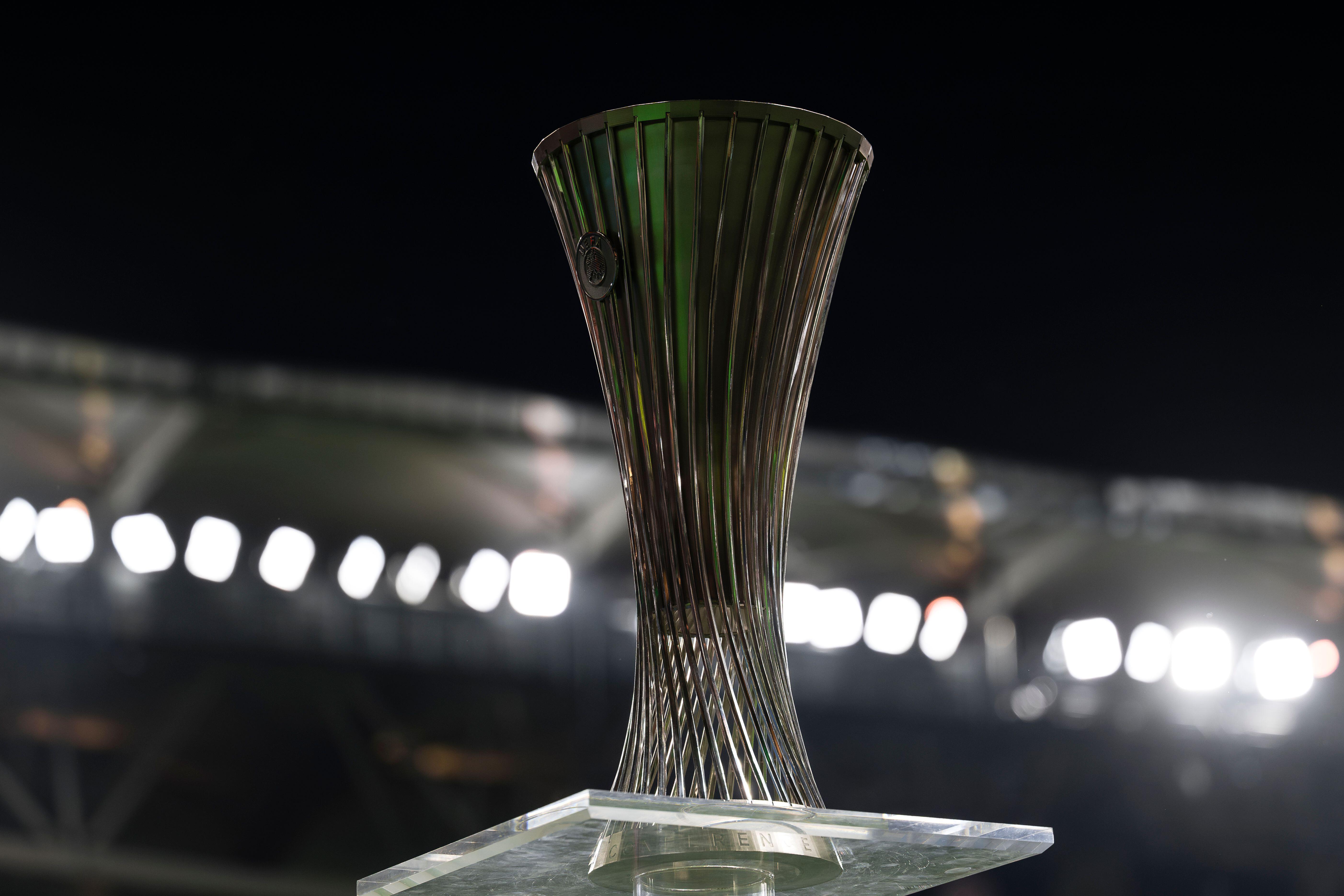Rorke's Drift, rugby & rainbow Bafana
The World Cup seems to have touched every bit of South Africa to one degree or another. The England team may have been knocked out of the tournament far too early, but on the day of the first semi-final there was still a noticeable English presence in the country, many of them trickling through the tourist trails of Kwazulu-Natal.
Handfuls of fans with no more games to go to deciding to end their World Cup scouring the battlefields of Isandlwana in search of RorkeâÂÂs Drift, the site of the nationâÂÂs one face-saving conflict of the Anglo-Zulu war.
While surveying the battlefields where so many British soldiers died for their country, it canâÂÂt have been a great stretch of the imagination for many of the fans to have wondered what could have happened at this World Cup if Wayne Rooney and the team had a bit of that spirit. We went out of the tournament with a crushing defeat like the one experienced by the British army at Isandlwana, whereas what we really needed was a courageous rearguard action like the one fought soon after at RorkeâÂÂs Drift.
The men who held Rorke's Drift (WAGs not pictured)
Despite the impact of a day on the battlefields, Hereford United fans Mark and Kevin still have the football on their minds when settling in for the evening at RorkeâÂÂs Drift Lodge, a delightful guest house nestling in the hills overlooking the battlefields.
Not only are they caught up in watching the Holland v Uruguay semi-final on the box, but they keep dashing away every 10 minutes or so to use the hotelâÂÂs incredibly slow dial-up internet connection to check the FIFA website for returned tickets for the final. TheyâÂÂve travelled all over the world watching England play and after the teamâÂÂs inglorious exit they have now set their sights on making it to their first World Cup final.
They wonâÂÂt be the only ones here watching the tournament with interest tonight. Cut off as it may be from tarmac roads and, for many of its poverty-stricken Zulu residence, electricity, the modern village that surrounds the old RorkeâÂÂs Drift mission station has still managed to enjoy this World Cup experience.
Get FourFourTwo Newsletter
The best features, fun and footballing quizzes, straight to your inbox every week.
In the school building just yards away from the famous stand made by Lieutenants John Chard (Stanley Baker in the film Zulu) and Gonville Bromhead (Michael Caine), a makeshift giant screen was erected to show all the Bafana Bafana matches.
âÂÂThis is an area where children can walk 15 kilometres to school every day and for the football the locals came from many kilometres around to see the games,â explains Werner Miller of RorkeâÂÂs Drift Lodge. âÂÂWherever there was a bit of electricity here you can be sure that the locals had a television and they were watching the games.
"Everybody supported Bafana, everybody in this area has been following the progress of the World Cup and they will be following all the way through to the final, I think you can be sure of that.âÂÂ
WernerâÂÂs family are Boers going back five generations and his great-grandfather fought in the second Anglo-Boer War. Despite the heritage of conflict with the British Empire, it was on England that he wagered ã100 to win the World Cup, and he reserves his strongest sporting antipathy for the Australians, a rivalry firmly rooted on the rugby field.
Springboks celebrate a peanut-hugging wallaby-slapping
While many white South Africans have taken an active interest in this World Cup, turning up to support the games, rugby remains their sport of choice. In fact, Werner is the only white South African I have encountered in a month at the tournament who actively watches Premiership football on a regular basis.
âÂÂThe way people in the World Cup play this game, it is like a beautiful dance,â he says, going onto explain why many white South Africans feel alienated by the game. âÂÂFor years we have watched football, but when we watch the Kaiser Chiefs playing the Orlando Pirates, of the 3,000 people in the stadium, 2,999 have vuvuzelas and we just donâÂÂt want to be there. We want to hear singing and we want to hear cheering, like at the rugby games, not the raucous racket of the vuvuzelas.
"But with the World Cup bringing international-class professional footballers to our shores, for once weâÂÂve got to see how the game is played properly, so itâÂÂs definitely made the sport grow in popularity amongst rugby supporters over here.âÂÂ
The World Cup has had more of a significant impact on this country than just converting the allegiance of a few white rugby fans. In the weeks leading up to the tournament there were worries of racial conflict in the Boer heartlands following the death of Eugene Terre'Blanche, while tensions were further stirred by the firebrand Youth ANC leader Julius Malema, who made headlines the same month with his rendition of banned song Kill The Boer. It could all have derailed the World Cup, but instead, argues Werner, it was the World Cup that helped bring South Africans closer together.
âÂÂPeople for once said, âÂÂForget about what the politicians say â this is much bigger than them, this is South AfricaâÂÂ. And today we see both blacks and whites, who yesterday would not have two words for each other, all wearing Bafana shirts and at last having something in common to talk about. Whether or not we lost didnâÂÂt matter because as a nation, and as South Africans, weâÂÂve all been drawn closer by this whole experience.âÂÂ
More World Cup stuff: Features * Lists * Interviews
FFT.com: Features * News * Interviews * Home
Interact: Twitter * Facebook * Forum
